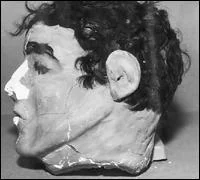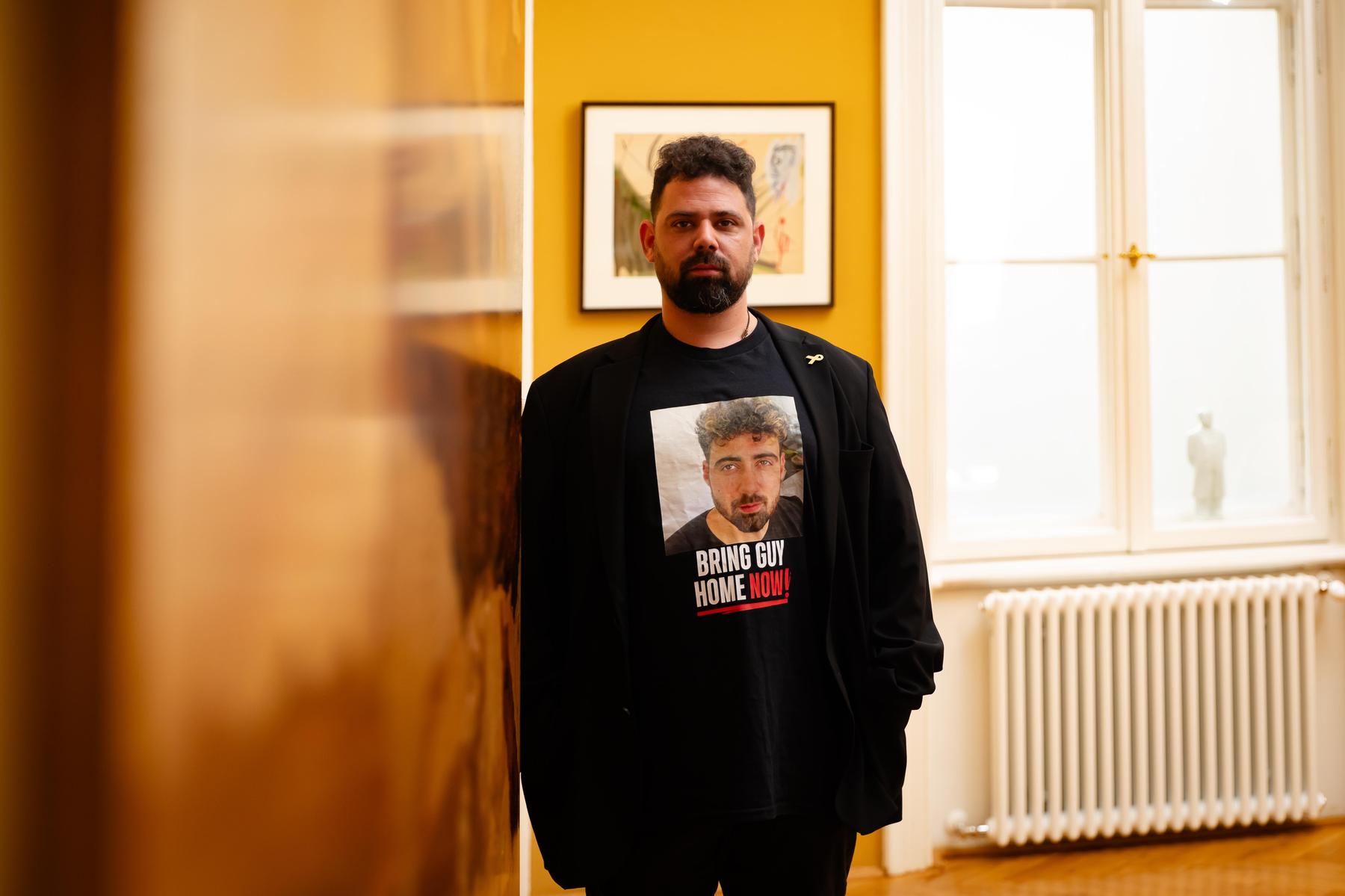Which doctors also do private work

Hundreds of NHS doctors have been opened on the door of the private sector, taking advantage of the recent measure of their parallel employment.
However, the radiography available to « TA NEWS » finds that this reform is not equivalent to a way out of the inelastic financial earnings that the State reserves for all Hippocrates officials.
Focusing on the 1st Attica Health District concludes that a total of one in 10 hospital doctors « embraced » the reform of private work from the outset. With a closer look, however, it detects significant deviations.
For example, the Hospital – Maternity Hospital « Elena Venizelou » collects the largest percentage of approved applications (26.1%) for private project on all serving.
It is indicative that 29 of the 78 Gynecologists – Obstetrics are already being tested in the private track, and the same applies to the four pediatric surgeons who serve there.
The opportunity to increase their earnings seem to be looking for experienced doctors of the Athens Ophthalmology Clinic, as the recent activation of the measure has found a positive response from 17.8% of them, with Andreas Sygros following.
More specifically, the Aphrodisiac and Skin Disease Hospital is also an important power supply of the private sector, where it is now active in along with the NHS 14.2% of dermatologists – aphrodisiologists and both of the three plastic surgeons.
The list of the top five is completed by the Constantopouleio – Patision Hospitals and the CAT, where to date the percentage of private work permit in all serving is 14% and 12.8% respectively.
On the contrary, anemic interest is recorded by doctors serving in the « Hagia Sophia » and Pentelis Children – the percentages do not exceed 4.6% and 5.4% respectively – but the picture is different for the children « P. & A. Kyriakou ', where 11.1% of all the serving (mainly pediatricians and ENTs, but not anesthesiologists, have made applications, as they are not sufficient).
In addition, in the top five with hospitals where low mobility is found (at least for the time being) it is the populist (the percentage does not exceed 5.5%, however, it should be taken into account that there are several university doctors serving there, who had a right of private work (5.8%).
Another noteworthy evidence is that at the same time, there is an increased interest by Hippocrates who serve the 1st RIA's primary structures (eg Health Centers), given that 8% (General Doctors, Pediatricians, Pathologists, etc.) have applied.
Correspondingly, in the 2nd Piraeus and Aegean Health District they have applied for a private project for the first half of the year 346 hospital doctors and for the second additional 187 of a total of 3,287.
It is evident from themselves that orthopedists, surgeons, psychiatrists, cardiologists and urologists, along with pediatricians, are those specialties who see them open opportunities in the private sector.
And the impression is that the distribution of applications is not mainly concentrated in Athens, as one would expect.
For example, in the 3rd Macedonian District of Macedonia, their potential in the private sector are already being tested by 65 PFI doctors and 24 hospital doctors.
In addition, in the 6th Peloponnese, Ionian Islands, Epirus and Western Greece, 59 doctors of PFI and 250 hospitals have been approved and approved.







